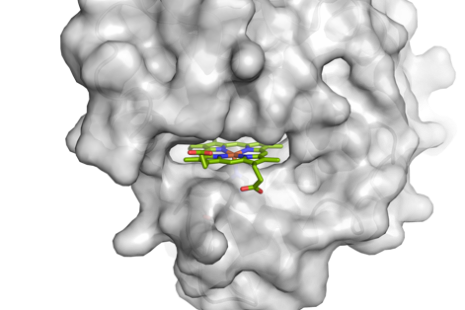Department of Biochemistry
Head: Prof. Dr. Albert Jeltsch
The Department of Biochemistry studies the molecular processes in living systems such as metabolism, the production of energy, the storage and processing of information and the regulation of all these processes. She researches the structure, function and interaction of the biomolecules involved in these processes. The research is based in various disciplines of the molecular life sciences, from molecular epigenetics to synthetic biology and biotechnology.
Department of Technical Biochemistry
Head: Prof. Dr. Hajo Kries
The Department of Technical Biochemistry is convinced that the use of microorganisms, as well as the use of isolated enzymes, has a significant impact on the synthesis of new products, especially from the perspective of environmentally friendly production processes. This goal can only be achieved through close collaboration between scientists from different disciplines. This can be seen in the Technical Biochemistry department, which is driven by interdisciplinarity and internationality in our projects. The use of scientific know-how and expertise in the design of new biological catalysts, the possibilities of technical change and the application of chemistry-based enzyme engineering are central to us.
Department of Food Chemistry
Head: Prof. Dr. Jens Brockmeyer
Mass spectrometric analysis plays an important role in food chemistry. The department of food chemistry deals with the characterization of food allergens and their breakdown in gastrointestinal digestion. Furthermore, methods for testing the authenticity of marine, animal and plant foods are being developed.
Department of Biochemistry of Cellular Biomedical Systems
Head: Jun.-Prof. Dr. Franziska Traube
The Department of Biochemistry of Cellular Biomedical Systems investigates biochemical processes with biomedical relevance in a cellular context. Using mass spectrometry-based proteomics, we investigate in various cellular development models how processes in the cell nucleus interact with processes in other cellular compartments, in particular the mitochondria, and how dysregulation of this communication promotes the development of tumors and the occurrence of neuronal developmental disorders.
Contact

Albert Jeltsch
Prof. Dr.Head of Biochemistry Department and Acting Director of the IBTB






